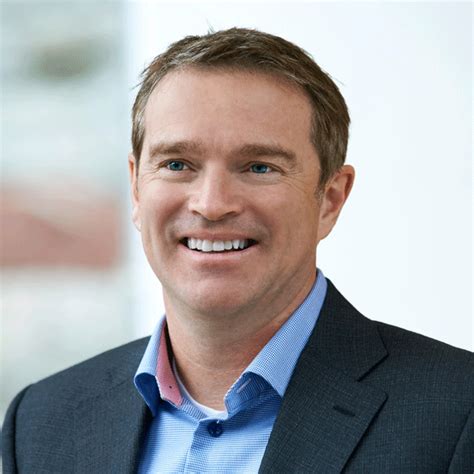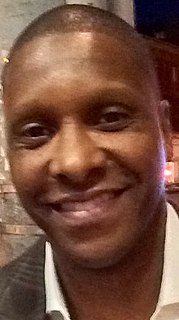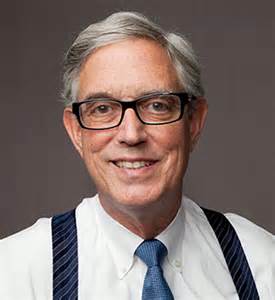A Quote by Adrian Gostick
We are hearing more and more from our clients, they want to know how to build not only a great corporate culture, but effective cultures in each of their smaller teams.
Related Quotes
The success of corporate mentorship programs developed by some of the Great Teams in business demonstrates how powerful this concept can be and what a difference it can make. As General Electric has shown, when a corporate culture includes mentorship, the end result is a dynamic learning environment with leaders constantly shaping leaders.
There is something demoralizing about watching two people get more and more crazy about each other, especially when you are the only extra person in the room. It's like watching Paris from an express caboose heading in the opposite direction--every second the city gets smaller and smaller, only you feel it's really you getting smaller and smaller and lonelier and lonelier, rushing away from all those lights and excitement at about a million miles an hour.
We hope that there will be nothing that conflicts with anybody's religion or faith. We would never say a person's religion is not effective. We say, 'Would you be interested in something more effective?' We always put things in an optimistic, progressive perspective. 'Do you want to make your prayers more effective? Not that they are not effective, but do you want to help them become more effective?'
There are lots of come-from-behind wins, games getting tied in the last period, teams going on to win. That, I think, tells the best story. Whether or not some teams have more grit, better chemistry, or more luck or more skill, it's still within the parameters. I think that makes for great storytelling and great interest for our fans.
I would assert that highly effective leaders are made more than they're born. Every leader I know who's been highly effective has worked hard at it, and they've been students of it. The more you're a student of leadership, the more you figure out what works for you and the more effective you're going to be.
I hope so. God, I've practiced so much that I you don't want to be worse five years later. I feel I have a great game today. I know how hard it is to pull off those great shots, and I know how easy it is to miss, so I'm more aware of these things. But I'm so happy I'm at the age I am right now because I had such a great run and I know there's still more possible.
To each his own. It's one of those things. How you build your family?you have to know what you're capable of handling and how your children will relate to each other. Maybe if you have one child and that child has a lot of needs, you realize you cannot give more attention to another. Sometimes you just know as a parent. We felt we could handle more children, and we have a very happy, very full home.



































